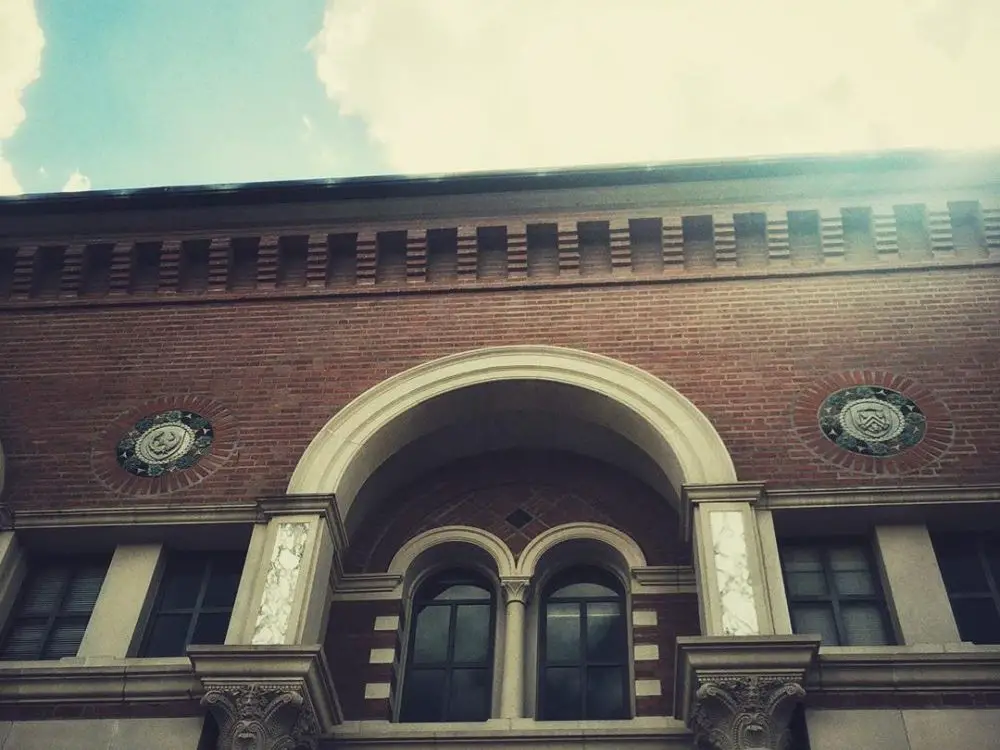Content warning: sexual violence.
Late into the night on Sept. 24, Rice University’s student-led newspaper, The Rice Thresher, published an op-ed titled, “I reported. Rice and SJP still let him graduate.” In it, a woman delves into how when she reported her rape to the university Student Judicial Programs, she was met with adversity and inaction at every turn.
She talks about how her rapist asked for extensions on all of his statements and submitted false charges (later dropped) against her in retaliation, making the process of simply removing this horrible person from campus an extremely grueling, long and emotionally draining ordeal.
When he had finally been found guilty, Rice University led her to believe he had been indefinitely suspended, when in reality, they had allowed him to take advantage of a loophole and graduate early without any repercussions.
Instead of having to serve his suspension and reapply (the administration allows students to come back if they prove that their time away has “changed” them), he was allowed to get his degree and move on with his life, no strings attached. In her own words, “When Rice handed him a degree, they handed him a certification that what he had done was fine.”
When writing the piece, the author — who remains anonymous — probably had no idea that she would set off a chain of events that would lead to one of the school’s largest protests against its administration ever. In fact, she explains that she had written previously on the subject after having just experienced the assault. Nothing came of that article. Her rapist even mocked her words in one of his statements. However, this time, things were different.
Immediately upon the article’s publication, students and alums rallied together, showing an outpouring of support for the author and launching a full-scale campaign demanding action from the administration to fix their policies and apologize. At around 1:30 a.m. on Sept. 26, a group of students under the Instagram handle @justiceforricesurvivors posted copies of the op-ed, the words “PAY ATTENTION” written in red across them, on Rice University’s famous statue of their founder in the middle of the academic quad.
https://www.instagram.com/p/B23TmJUFjzm/
After being taken down by campus police, the students came back to deface the statue again the next day, this time with copies stating, “YOU CAN’T SILENCE US.” and a poster board placed on the statue’s lap saying, “I PROTECT RAPISTS.” Again, the papers were taken down, and again, they were soon replaced, this time with chalk across the statue and several walls.
The protests did not stop there. Several meetings and listening circles began cropping up to make plans for other acts of civil disobedience. A petition was created demanding administrative action that was signed by about 37 pages worth of names. Students lined up across the walls of two parents weekend events, wearing red and holding signs and copies of the op-ed in an act of silent protest of Dean Gorman and President Leebron’s “business as usual” attitudes.
After said protests, the two sent out an email apologizing to the author and other students, informing the public that they would be working to improve the handling of Title IX cases in the future with the help of students and staff and would be issuing a new policy that will not allow any student to graduate without serving their full sanction, if a sanction is placed upon them.
https://www.instagram.com/p/B28k-eLlUuI/
For many, this felt like too little too late. While the administration’s decision is a step in the right direction, there should not have been a loophole in the first place. Many students felt that the entire campaign should not only have been directed at the administration, but also at the students themselves.
Soon after the original op-ed exploded across Rice’s campus, The Rice Thresher opened up a form for other survivors of sexual violence to share their stories. They assumed they would receive maybe 10 responses. Instead, the editors said: “In the two days the form was open, 58 survivors submitted accounts or were interviewed in the writing of [a] feature for a total of over 20,000 submitted words and over six hours of interviews.” Thus came their follow up op-ed, “In their own words: survivors’ stories of sexual assault at Rice.”
In it are the condensed versions of many stories and opinions from survivors. The major theme throughout all of them? Rice students are a part of the problem. While some survivors said they had good experiences with SJP and some said they did not, almost every single one said the social ramifications for reporting or merely talking about their experiences with sexual violence were always awful. Rice University has gained a reputation for being one of the happiest schools in the country.
The administration especially loves to tout one signature phrase that they use to describe campus life: a “Culture of Care.” The idea is that because Rice does not have the toxic culture of sororities and fraternities and instead sorts every student into all-gender “residential colleges” that are supposed to foster community and inclusivity, Rice students do not do bad things, such as assault their fellow students. In the university’s mind, all students supposedly care about each other, so they will make sure everyone is doing okay and treat them kindly.
However, this is often far from the truth. Culture of Care has become somewhat of an excuse not to pay attention to the university’s problems. You have no idea how many times I have heard people happily yell out “Culture of Care!” at an obviously overwhelmed student who is holding their friend’s hair back as they puke instead of offering to help or get the campus emergency services.
Or, if those people do offer to help, they don’t really mean it and will easily slip away when they get that first “It’s okay, I’m fine,” thinking that they’ve done their job and contributed to the Culture of Care for the day, so there’s nothing more they can do.
When applied to even more serious issues, like sexual violence, Culture of Care becomes even more dangerous. In the follow-up op-ed, quite a few survivors talked about how they had felt they were safe on campus because of the way this phrase is thrown around, but when they actually needed help, people just stood by and let things happen to them. They described bystanders feeling too awkward to intervene and letting them leave with their assaulters.
They describe losing their friends because those friends didn’t want to accept that their assaulters were capable of such things and telling survivors to just “let it go.” One student stated, “So many people [are currently] ranting about the horrors of sexual assault all over campus and there were at least 30 people at that crawl stop who saw how uncomfortable I was with his hands everywhere and did nothing.”
It is extremely apparent that because of this Culture of Care mentality, students are being pressured into pretending like everything is fine, even when it’s not.
That is why we need to hold people accountable. Call people out when they’re being creepy. Take care of your friends when you think they’re in trouble. Take care of strangers when you think they’re in trouble, or get an authority figure to do it. Stop ostracizing survivors for speaking out and start ostracizing their assaulters for being assaulters.
Don’t use the Culture of Care excuse. Demand the administration stop instilling it in students’ minds because everything is not okay if anyone is being assaulted.
Some people deserve to have social and administrative ramifications placed upon them. It doesn’t matter how awkward you feel about intervening. You could be saving someone from a life of trauma. It’s time to demand justice for Rice survivors of sexual violence. It’s time to pay attention.
















